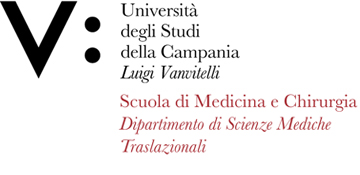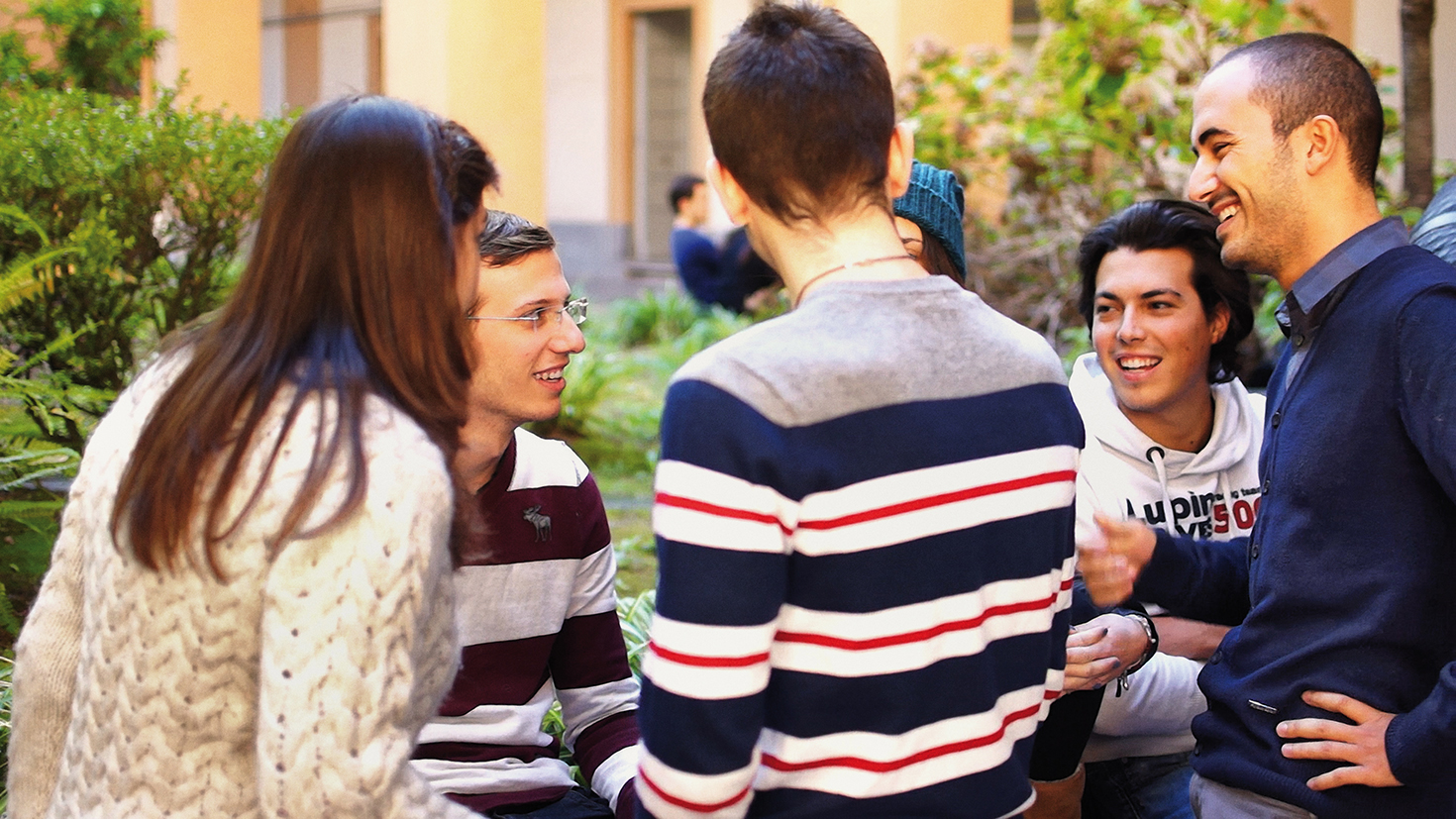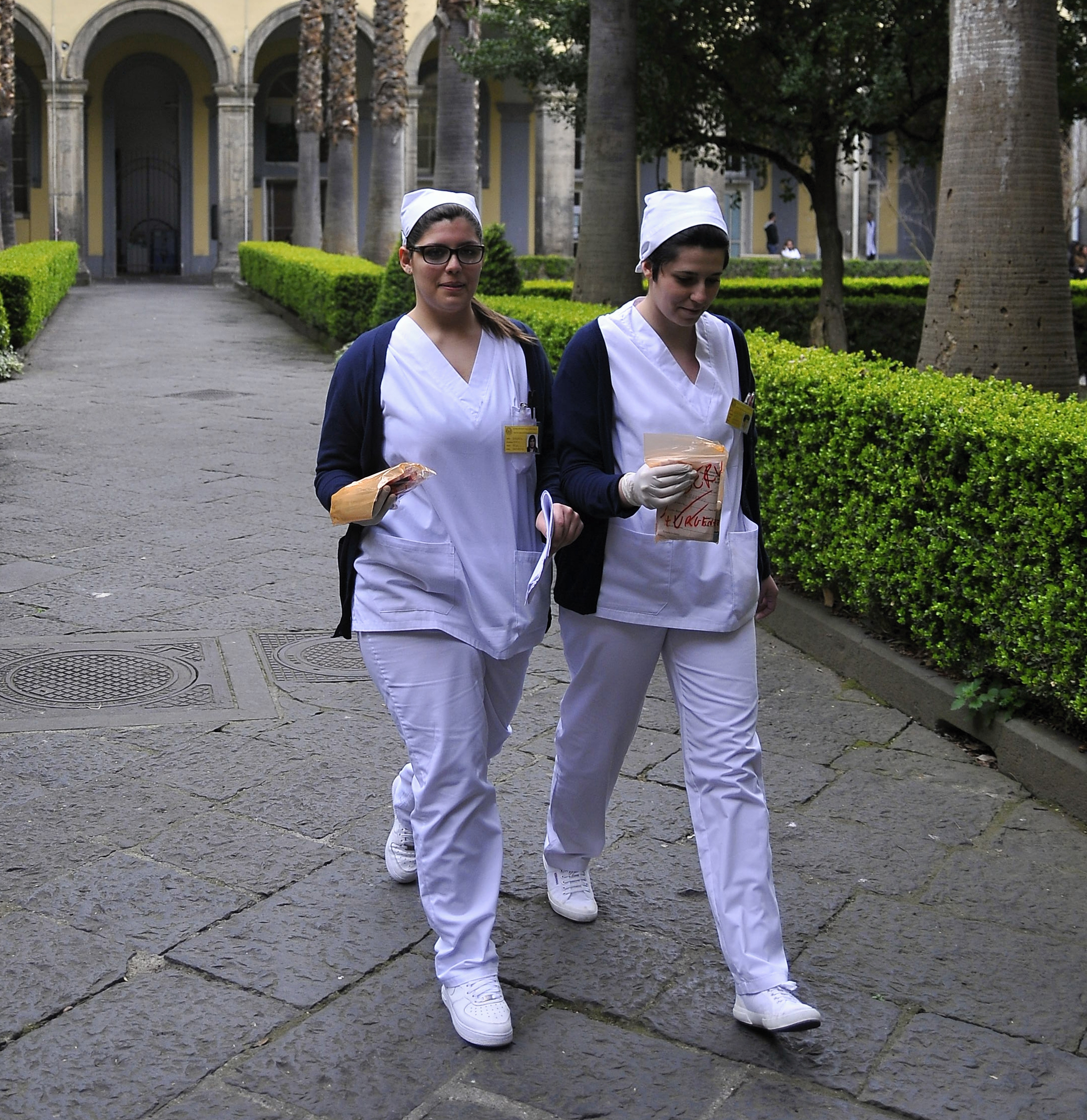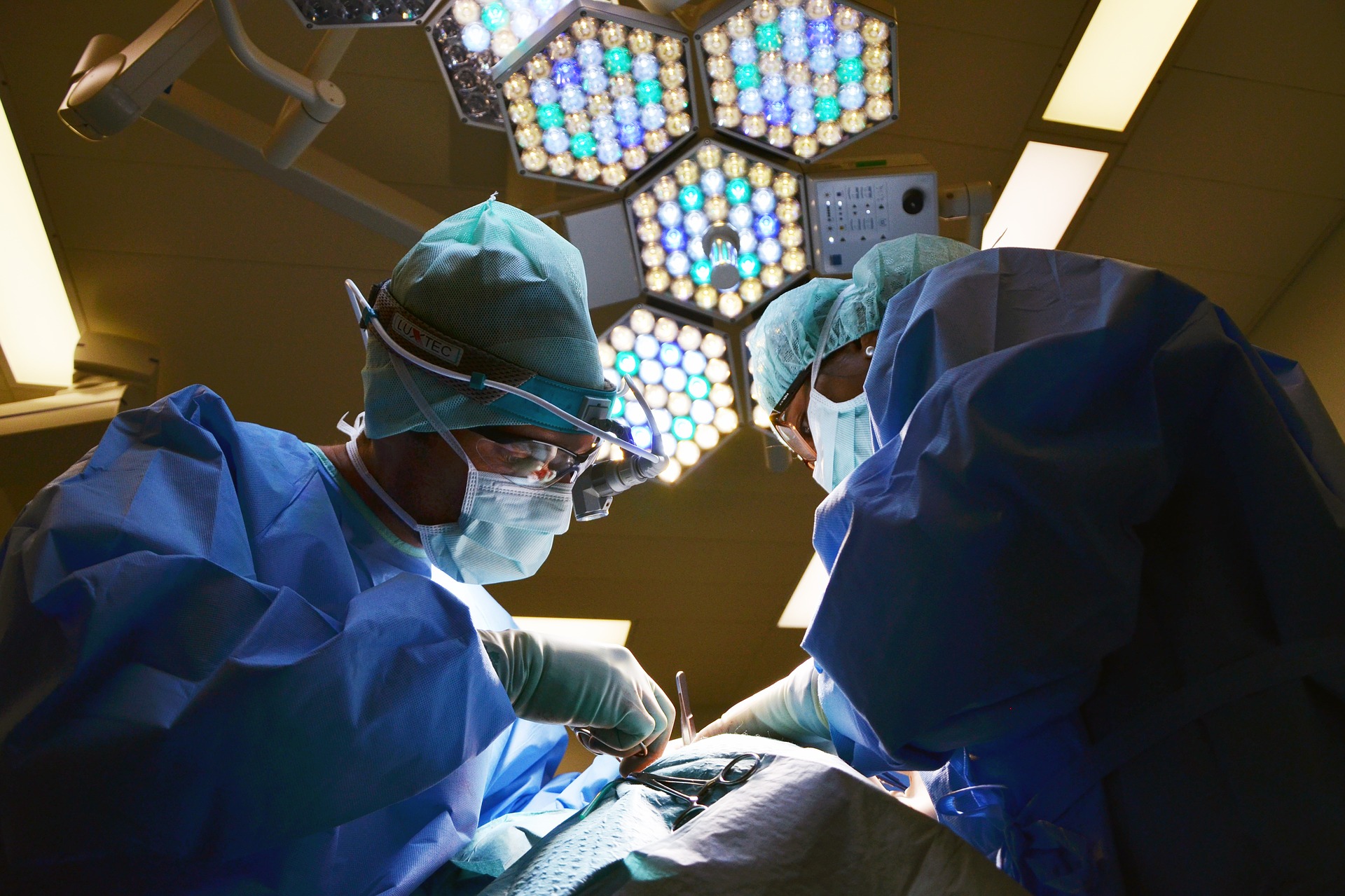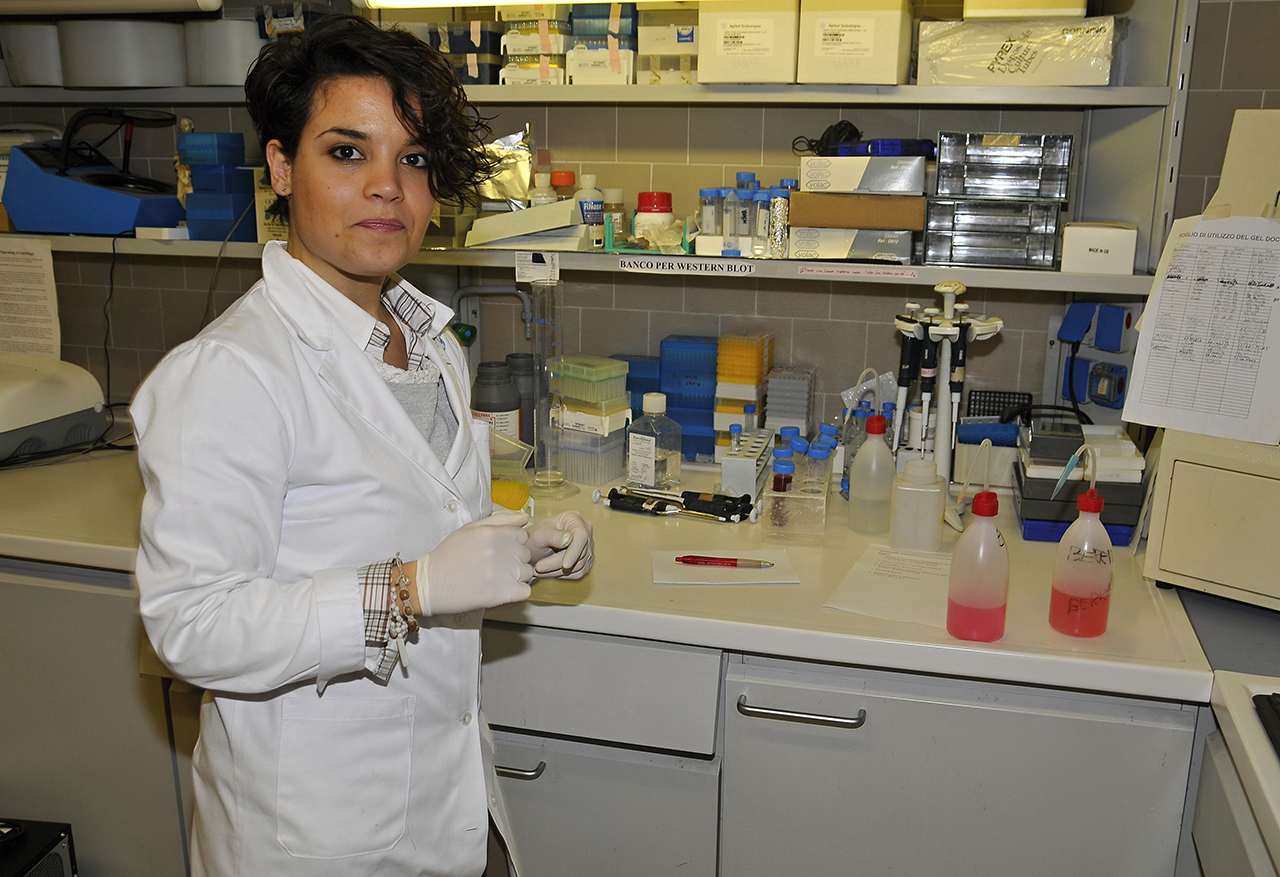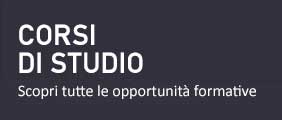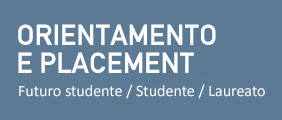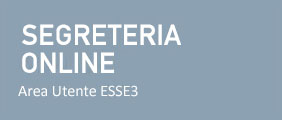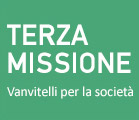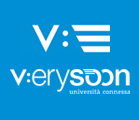Insegnamento di INGLESE SCIENTIFICO
Corso di laurea in TECNICHE DI LABORATORIO BIOMEDICO (ABILITANTE ALLA PROFESSIONE SANITARIA DI TECNICO DI LABORATORIO BIOMEDICO)
SSD: L-LIN/12
CFU: 3,00
ORE PER UNITÀ DIDATTICA: 30,00
Periodo di Erogazione: Primo Semestre
Italiano
| Lingua di insegnamento | Inglese |
| Contenuti | Comprensione degli aspetti fondamentali della relazione che si instaura tra medico e paziente, sia in senso generale che all’interno dei contesti dei luoghi della cura. Conoscenze della lingua inglese nel settore linguistico medico-scientifico attraverso nozioni e concetti fondamentali in campo medico e sanitario. |
| Testi di riferimento | Tessuto, G. 2024. English for Medicine: A Toolkit for discourse and genre-based approaches to medical language and communication. For classroom or self-study use. Third Edition. Torino: Giappichelli. |
| Obiettivi formativi | Formare gli studenti nell'ottica delle competenze trasversali tra linguaggio scientifico e l'ambiente etico/professionale della medicina e della salute in contesti anglofoni e internazionali. |
| Prerequisiti | Livello di inglese B1 |
| Metodologie didattiche | Lezioni frontali presentate in powerpoint e audio integrate da momenti di dibattito e confronto con lavoro a gruppi, sollecitando gli studenti a produrre a loro volta materiali specialistici orali e scritti in inglese da condividere con il resto del gruppo classe sulle diverse tematiche affrontate nelle lezioni. |
| Metodi di valutazione | Esame orale basato sugli argomenti del testo di riferimento + Tesina di almeno 2500 parole su patologia o argomento relativo all’infermieristica pediatrica. |
| Altre informazioni | Ove necessario, si consiglia anche la pratica della lingua inglese nelle sue applicazioni generali mediante la piattaforma di apprendimento autonomo Rosetta Stone. |
| Programma del corso | Unit 1 - Medicine and Healthcare: key concepts and topics |
English
| Teaching language | English |
| Contents | Understanding main characteristics of doctor-patient relationship, in terms of general and specific healthcare contexts. English language knowledge applied to core components of topics and issues used in healthcare /medical-scientific fields. |
| Textbook and course materials | Tessuto, G. 2024. English for Medicine: A Toolkit for discourse and genre-based approaches to medical language and communication. For classroom or self-study use. Third Edition. Torino: Giappichelli. |
| Course objectives | Helping students to acquire necessary competences across scientific language skills and ethical/professional standards applied to areas of medicine and healthcare in Anglophone and international contexts. Acquisition of vocabulary and basic grammatical forms typical of basic scientific texts. |
| Prerequisites | B1 (CEFR) level of English |
| Teaching methods | Monolingual frontal lessons in powerpoint or audio formats supplemented with group debate, with a view to eliciting students to produce specialist oral and written materials in English (ex: writing a research article abstract or presenting a conference poster) for sharing with other class members on any one topic dealt with. |
| Evaluation methods | Oral examination based on topics from the textbook + Essay (min. 2500 words) on a pathology or topic related to Paediatric nursing. |
| Other information | Where needed, students will benefit from self-study of general English by accessing Rosetta Stone platform. |
| Course Syllabus | Unit 1 - Medicine and Healthcare: key concepts and topics |




